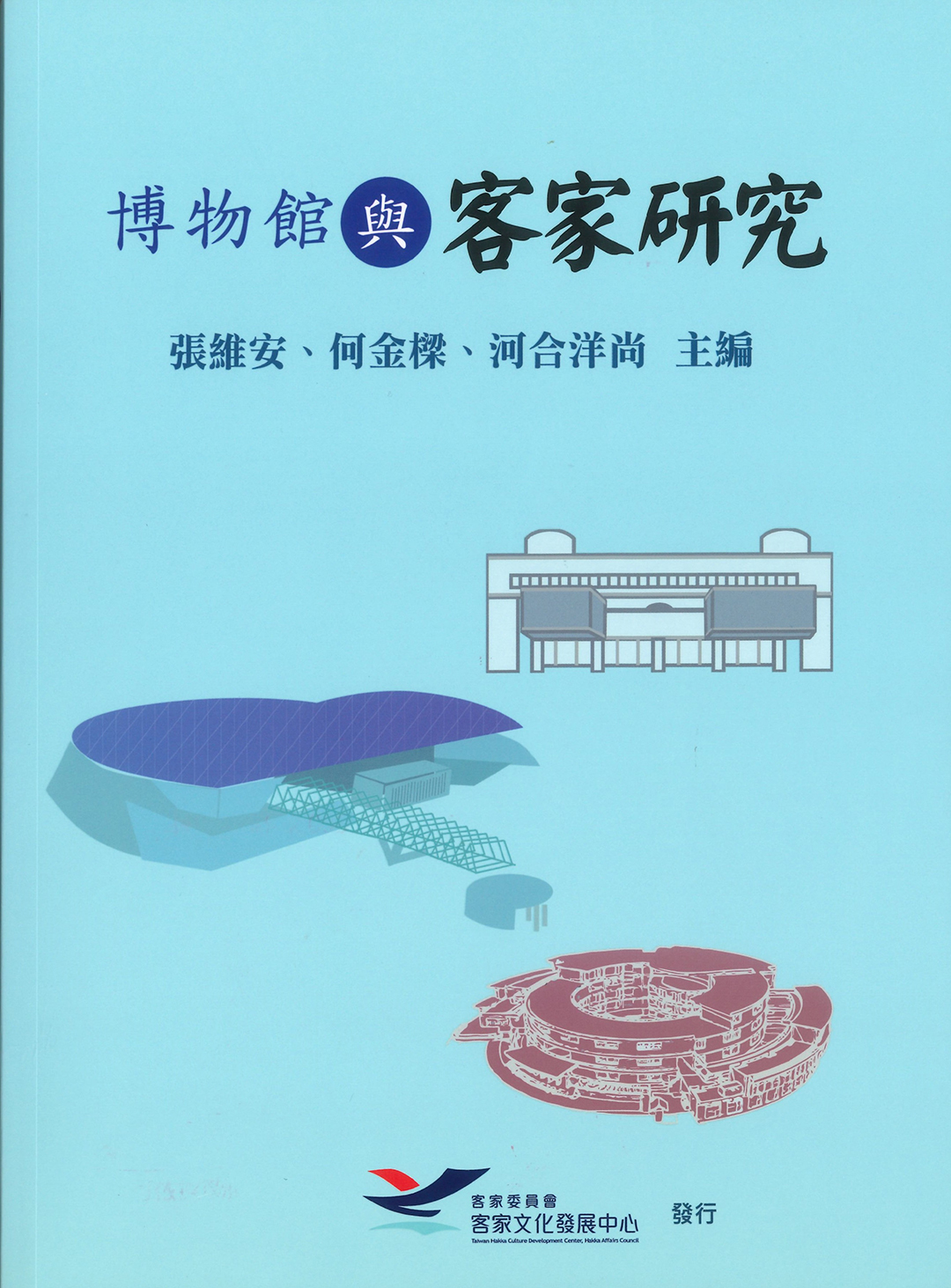
Research & Library
Museums and Hakka Studies
- Source:客家文化發展中心
- Publication Date:2018/12/31
- Last updated:2025/11/08
- Count Views:108

Editors: Chang Wei-an, Ho Chin-liang, and Kawai Hironao
Contributors: Wang Sung-shan, Yoshida Kenji, Ho Chin-liang, Lu Yi-ping, Chiu Hsiu-ying, Kawai Hironao, Lin Yen-fu, Fan Chih-ying, Chang Wei-an, Cheung Sidney C.H., Cheung Stephen, Chang Han-pi, Huang, Shiun-Wey, Huang Shin-yang, Siripen Ungsitipoonporn, Liu Yu-shan, Hsieh Shih-chung, and Yuji Seki
Publication Date: First Edition, December 2018
Although museums may pursue a wide range of objectives, research remains the foundation of all museum work. Museums and Hakka Studies can be seen as a scholarly dialogue on the idea of the “Hakka Ethnographic Museum.” According to academic estimates, there are more than 60 million Hakka people worldwide, and numerous institutions—named as Hakka cultural museums, Hakka heritage halls, or Hakka cultural centers—have been established in various regions. Yet, when measured against the strict criteria of museology, there is still significant room for growth.
For a museum devoted to Hakka cultural heritage to truly fulfill the role of a museum, it must not only embody professional curatorial standards but also be deeply grounded in Hakka research. This publication thus bridges museum studies and Hakka scholarship, exploring how Hakka identity, material culture, and community memory can be preserved, interpreted, and presented within the evolving framework of contemporary museology.
